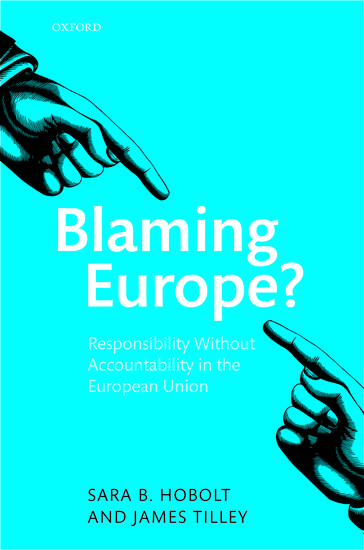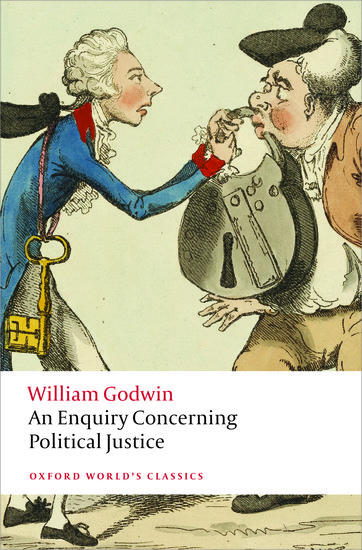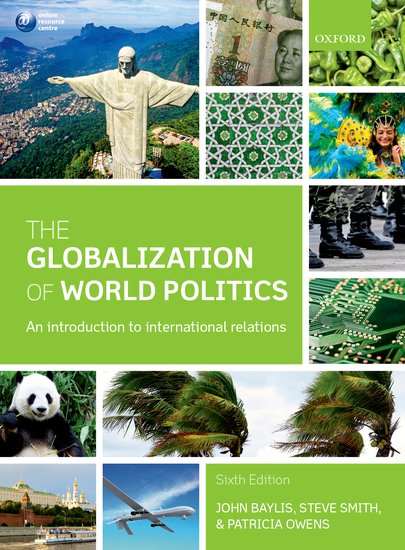When art coaxed the soul of America back to life
By Sheila D. Collins
Writing in the New York Times recently, art critic Holland Cotter lamented the fact that the current billionaire-dominated market system, “is shaping every aspect of art in the city; not just how artists live, but also what kind of art is made, and how art is presented in the media and in museums.”









